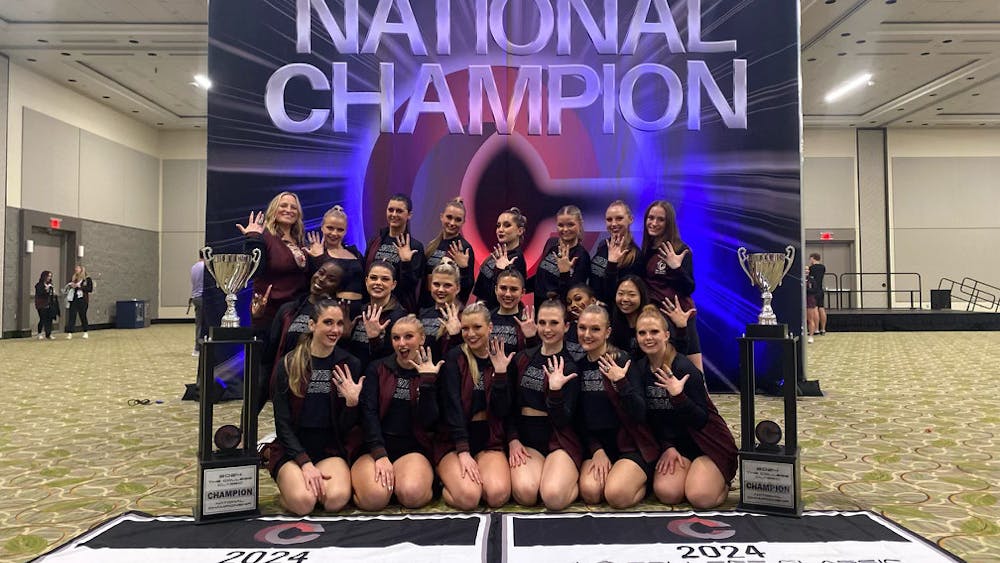CMU senior, Michigan-based startup company deliver solution to tangled headphones
The days of combating a tangled leviathan of headphone cords may be over with the introduction of TurtleCell, a Michigan-based accessories startup company founded by graduates from several universities across the state, including one from Central Michigan University.
Paul Schrems, co-founder of the company and a University of Michigan graduate, came up with the idea from frustrating experiences fumbling with headphone cords. Through 36 design iterations to get the the final product, Turtle Cell is being produced in China for release during the holiday season.
“It’ll be really nice when we get the big paycheck from the retailers, that’ll be really gratifying,” Schrems said. “Just seeing it being built and manufactured at high volume, it’s really satisfying.”
TurtleCell presents a solution for tangled wires in a protective case for the iPhone 5 and 5s with built-in retractable headphones. Based in Ann Arbor, the company humbly began from Schrems and co-founder Nick Turnbull taking the idea to student competitions. There, they raised capital and networked with businesses in Michigan for two years.
Michigan State University graduate Jeremy Lindlebauer, director of marketing for TurtleCell, said they raised $20,000 through a Kickstarter campaign and have received positive feedback from their demographic of college-age adults who relate to the problem of unruly knots in cords.
TurtleCell now has a long list of Michigan-based partners, including several resources from U-M and MSU, like Ann Arbor SPARK, the MSU Innovation Center and Digital Treasures.
“Tapping into the network and having that kind of partnership on your side has been able to have us go into meetings with big names and get that respect that we may not have gotten,” Lindlebauer said.
He said the company has benefitted from having a group of young motivated guys, ready to prove themselves in the world.
Patrick Bailey, a CMU senior graduating over the summer, joined with TurtleCell through Lindlebauer, who was his friend in high school. Bailey helped the TurtleCell team come up with several of the group’s marketing ideas.
Bailey said they have been steadily gaining traction as the process has continued and he has been applying graphic design and photography skills picked up at CMU to build the TurtleCell brand. So far, Bailey has created TurtleCell advertisements for Spotify and Pandora.
“I tried starting my own clothing line sophomore year and it’s just so hard; you need so much money and time,” he said. “The first day I worked a 13-hour day, it was crazy. I learn something new every day which is awesome. I’m very fortunate to have this opportunity.”
These skills have come in handy, as Schrems admitted most engineers didn’t know much about marketing. Schrems said the process has been very rewarding, as he left a job in the corporate sector to branch off on his own and make his dream a reality.
“Every hour I don’t put in is an hour things don’t get done, so its more stressful in that manner but its also a lot more rewarding to say ‘I did that’ or ‘we made that happen,’” he said. “All my friends are a little bit jealous of that I think.”
The headphones come standard with a microphone and full, button control hands-free calling. It is available through their website for pre-order at TurtleCell.com and at retail stores RadioShack and GameStop.
Lindlebauer said they have been in contact with large retailers across the country and have had meetings with Best Buy, Sprint and Verizon.




